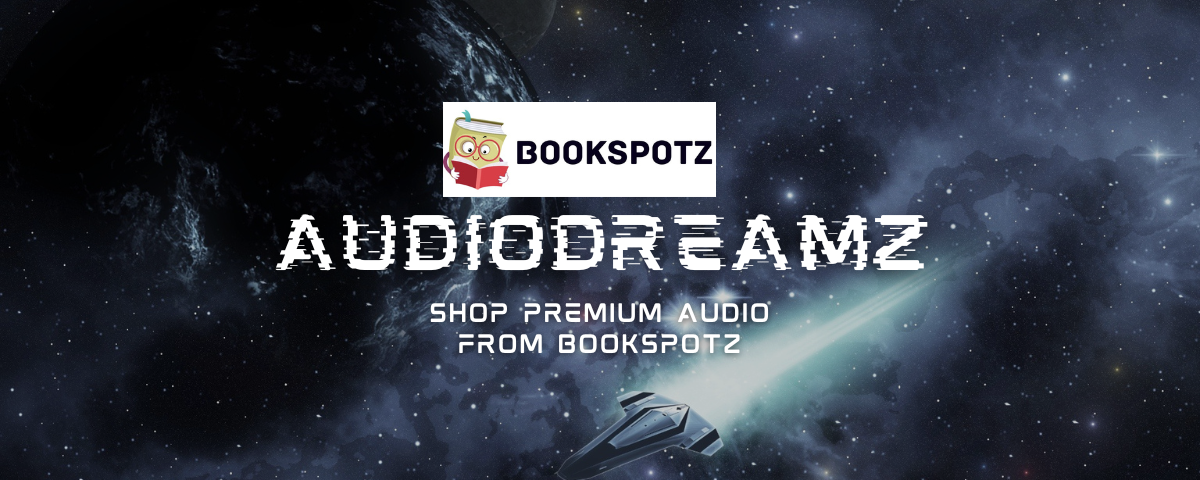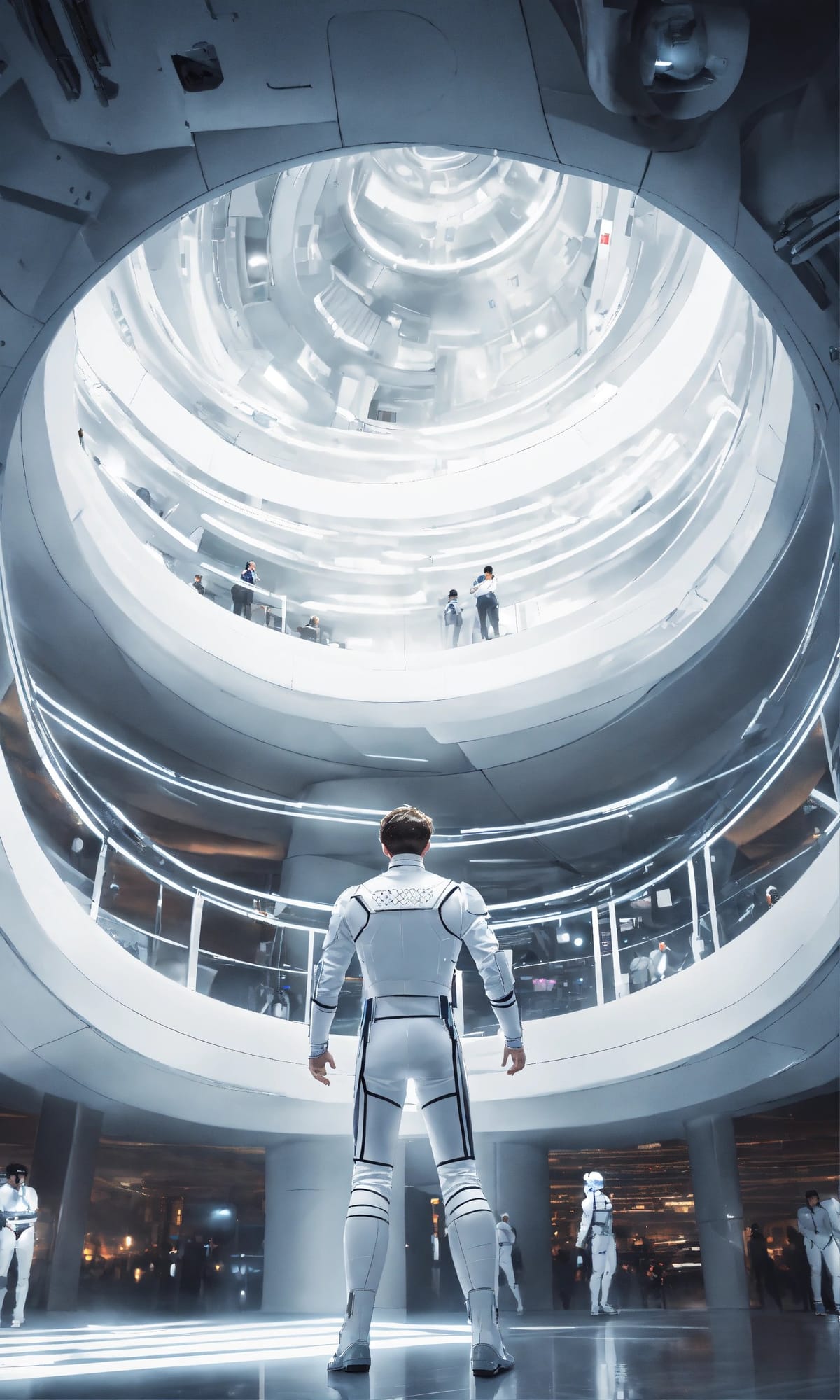Google's Project Astra: Revolutionizing How We Find Lost Items
Project Astra emerged from Google's X, the company's semi-secret research and development facility often referred to as the "moonshot factory." X is known for ambitious projects that tackle big problems with innovative solutions, and Astra is no exception.





Imagine a world where you never lose your keys, wallet, or favorite pair of sunglasses again. Thanks to Google's innovative Project Astra, this vision is rapidly becoming a reality. Leveraging advanced technology and Google's expertise in artificial intelligence (AI) and machine learning (ML), Project Astra aims to ensure that losing personal items is a thing of the past.
Here’s an in-depth look at how this groundbreaking project works, its underlying technology, and the potential impact it could have on our daily lives.
The Genesis of Project Astra
Project Astra emerged from Google's X, the company's semi-secret research and development facility often referred to as the "moonshot factory." X is known for ambitious projects that tackle big problems with innovative solutions, and Astra is no exception. The project began as an effort to address the common yet frustrating problem of misplaced items, a scenario that most people encounter frequently. Google's vision was to create a seamless, reliable, and user-friendly system that could locate lost items with pinpoint accuracy.
How Project Astra Works
At the core of Project Astra is a network of small, battery-powered tags that users can attach to their belongings. These tags communicate with a central hub, typically a smartphone or a dedicated home device, using a combination of Bluetooth, ultra-wideband (UWB), and Wi-Fi technologies. Here’s a breakdown of the system’s components and functionalities:
- Smart Tags: These tiny devices are equipped with low-energy Bluetooth, UWB, and other sensors to provide precise location data. They are designed to be attached to everyday items like keys, wallets, bags, and even pets.
- Mobile App Integration: The tags sync with a mobile app available on both Android and iOS platforms. This app provides a user-friendly interface where users can see the real-time location of their tagged items, receive notifications if they leave an item behind, and get step-by-step directions to retrieve their belongings.
- Machine Learning Algorithms: Google's sophisticated ML algorithms analyze patterns in the user’s behaviour and common item locations, making intelligent predictions about where an item might be if it's not immediately visible. For instance, if you frequently leave your keys in your living room, the system will learn this pattern and suggest checking there first.
- Community Assistance: In cases where an item is lost outside of the home, Project Astra leverages a crowdsourced network of other Astra users. If another user comes within range of your lost item, you receive an anonymous update on its location, significantly expanding the search area beyond the immediate vicinity.
- Voice Integration: The system integrates with Google Assistant, allowing users to find their items using voice commands. Simply saying, "Hey Google, where are my keys?" can prompt the assistant to give you the last known location or initiate a search.
The Technology Behind Project Astra
Project Astra is a marvel of modern technology, combining advancements in connectivity, AI, and hardware miniaturization. Let’s delve deeper into the technologies that make Astra possible:
- Ultra-Wideband (UWB): UWB technology provides highly accurate location tracking by measuring the time it takes for radio waves to travel between devices. Unlike Bluetooth, which offers approximate locations, UWB can pinpoint an item's position within a few centimeters, making it ideal for locating small, misplaced items in cluttered environments.
- Machine Learning: The ML algorithms used in Astra continually learn and improve from user interactions. By analyzing data such as common locations, movement patterns, and the proximity of other devices, the system becomes more accurate and reliable over time.
- Energy Efficiency: One of the challenges in creating small, reliable tags is ensuring they have a long battery life. Astra’s tags are designed to operate on minimal power, often lasting months or even years on a single battery, thanks to low-energy Bluetooth and power-efficient circuitry.
The Potential Impact of Project Astra
Project Astra has the potential to transform daily life by reducing the time and stress associated with losing personal items. Here are some of the ways it could make a difference:
- Enhanced Convenience: With Astra, finding lost items becomes a quick and straightforward process. This convenience can save users a significant amount of time and frustration, allowing them to focus on more important tasks.
- Improved Security: By providing real-time location tracking and alerts, Astra can help users keep better track of valuable items, reducing the risk of theft or accidental loss.
- Support for the Elderly and Forgetful: Older adults and individuals with memory impairments can benefit greatly from Astra. The system can help them keep track of essential items, providing peace of mind to them and their caregivers.
- Business Applications: Beyond personal use, Astra has potential applications in various industries. For example, businesses can use it to track equipment, tools, and inventory, improving operational efficiency and reducing losses.
Challenges and Future Directions
While Project Astra is poised to revolutionize how we locate lost items, it’s not without challenges. Privacy concerns are paramount; users need assurance that their data is secure and that location tracking does not infringe on their privacy. Google will need to implement robust security measures and transparent data practices to build user trust.
Furthermore, widespread adoption requires affordable and accessible technology. Google's challenge will be to keep the cost of tags and associated hardware low while ensuring high performance and reliability.
Looking ahead, Google could expand Astra’s capabilities with integrations into smart home ecosystems, broader compatibility with third-party devices, and enhanced AI features that predict and prevent item loss before it happens.
Conclusion
Google’s Project Astra represents a significant leap forward in the quest to eliminate the hassle of lost items. By combining cutting-edge technology with user-friendly design, Astra has the potential to become an indispensable tool in our daily lives.
As the project continues to evolve and expand, it promises to bring a new level of convenience, security, and efficiency to personal item management. With Project Astra, the days of endlessly searching for misplaced belongings could soon be over, making it one of the most exciting innovations on the horizon.
Connect with Digital Marketing Legend "Srinidhi Ranganathan" on LinkedIn:


Check out these amazing content from Bookspotz and New Bots:























